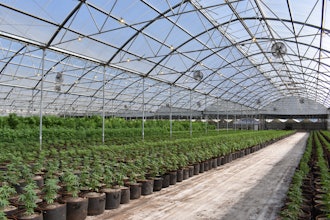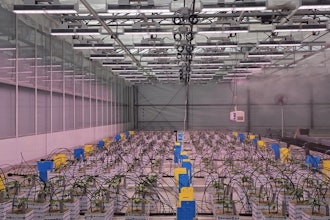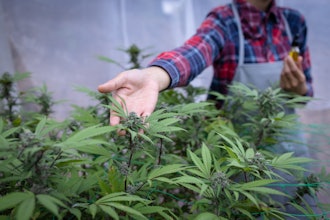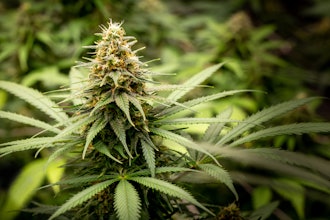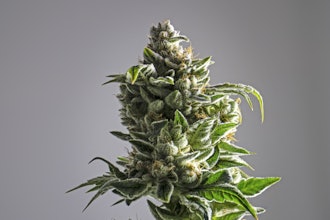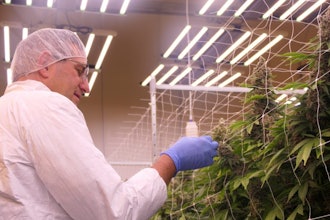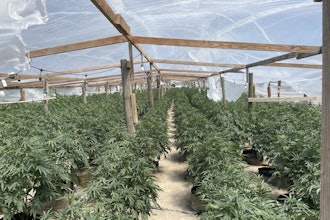
Trilogene Seeds announced advanced cannabis research and said its team is at the validation stage of developing a NGS solution for cannabis genetic improvement with the aim of accurately targeting genes of interest and accelerating breeding for commercial cannabis cultivation.
The diecious nature of cannabis contributes to the high heterozygosity, which makes genetic stabilization for cultivation complicated, time and money consuming. All these bottlenecks have forced the industry to propagate through cloning, leading to a fast spread of pests and diseases across commercial facilities and diminishing genetic diversity.
Cannabis should benefit from the advancements in genomics, transcriptomics, and epigenetics being developed for the past two decades.
"When it comes to genetic improvement, cannabis should be treated as corn or soybeans". Universities and private sectors all over the world have conducted genomic research on these crops to get to the yield numbers we observe today, and with the new legislation about cannabis research, it is time for the cannabis research to align with other Ag commodities," said Oussama Badad, lead geneticist at Trilocene Seeds.
Trilogene Seeds advanced phase of validation for targeted sequencing using DNA hybridization to retrieve information about 120 genes of interest in the cannabis plant such as cannabinoids, terpenoids, fatty acids, protein content in seed, and bast fiber. The 12k probes are designed based on the reference genome to retrieve information from the functional part of genes and to retrieve promoter regions to study Cis element involved in gene expression.









